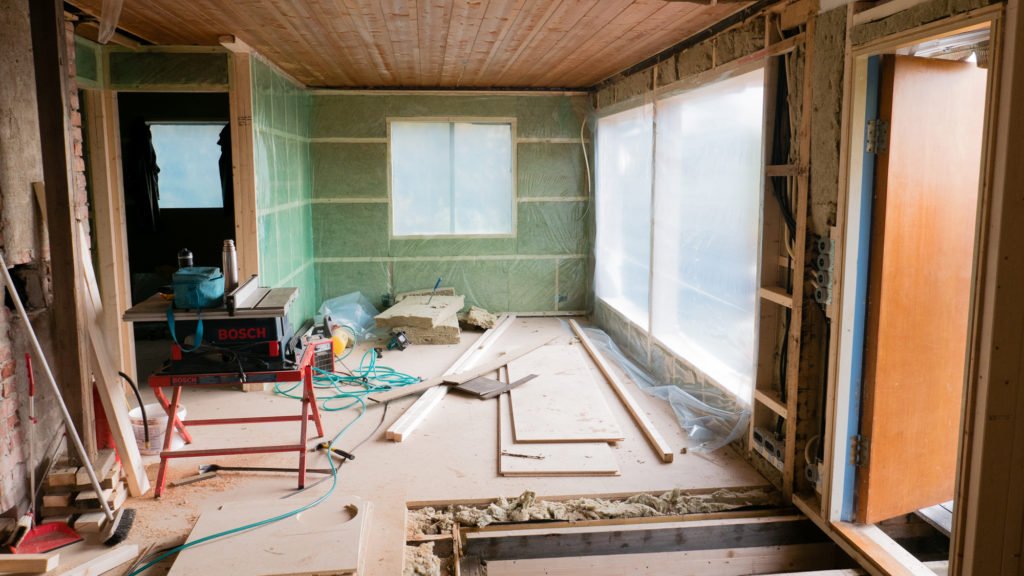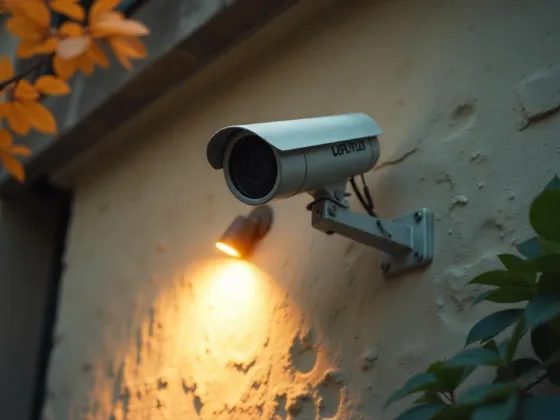Table of Contents Show
Unexpected expenses are part of a homeowner’s routine. Unfortunately, repair situations catch many people off-guard. How can you go about raising the funds for unexpected home repair expenses?

Home Equity Loan
A home equity loan or credit line is a good option for many homeowners. If you have equity in your home, you can use that to your advantage.
You borrow against the equity, and you make monthly payments. Be sure you get to those repairs and make wise decisions with this money.
You are using your biggest asset to help fund the repairs. Alternatively, you can consider a cash advance loan if you don’t have equity to borrow against.
Insurance Coverage
Would you be able to make an insurance claim regarding this repair? For example, if your roof was to sustain damage due to a storm, your insurance company might help out with the repairs.
However, if you purchased a home, you knew had with knotweed, then this may not be covered. Context is everything.
It is always good to talk over the details of any home repair with your insurance company if you think the costs would be covered under your policy.
Read Also:
Community Programs
Local governments and agencies often offer block grants that can help homeowners with unexpected repairs.
These block grants provide funds by way of emergency repair loans. Homeowners are still responsible for paying the funds back. HUD issues the block grants to fund these emergency loan programs.
There are income restrictions and limits for this type of loan. Other requirements are sometimes in place, too.
For example, certain programs only cater to disabled homeowners and seniors. Local housing authorities and other organizations in your area will be able to provide additional information.
Natural Disasters
If you find yourself in a situation where a natural disaster has caused you to have to make repairs to your home, you need to check with FEMA and other organizations that provide federal relief funds.
The Red Cross is another one of these organizations. The funds from these organizations can help make repairs that are not covered under a homeowner’s insurance policy.
Put It on Credit
Do you have a credit card with an available balance? Would you be able to apply for a new credit card? While putting the repairs on a credit card is the last resort, it is still a viable option.
Keep in mind that you want to pay this type of high-interest debt as soon as possible. A good general rule of thumb is to pay your entire bill before your statement is released.
Refinancing
Sometimes when you refinance, you provide yourself with some extra pocket cash. A cash-out refinance loan would give you some extra funds for those emergency repairs. Is this a good option for you?









